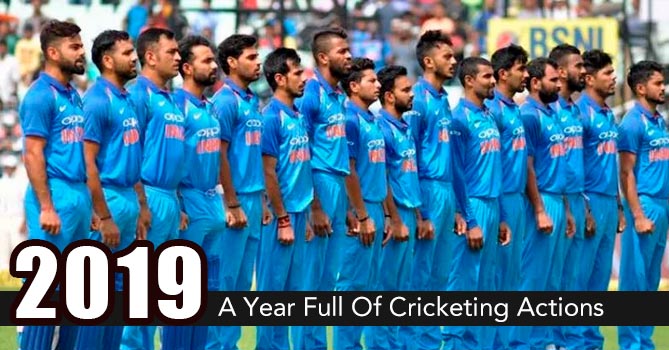I remember back in the late ’90s and early 2000s, I used to watch a fair number of matches in the early county season on Star Sports and ESPN. Back then, I watched some matches involving Somerset, one of the counties that plays in England’s domestic cricket. Among the local players, I did not remember too many, but there was one guy named Trescotheck (or so I thought) who played a lot differently than the others. It was in 1999 that I first saw him play a one dayer against the West Indies who were till then a better team than England. Two things happened there. I corrected my mistake – he was Trescothick not Trescotheck – and he could play and do so better than others most of the times.
Trescothick, much like his contemporaries Matthew Hayden and Graeme Smith, was a big burly left-hander capable of murdering attacks on his day but could also change the tempo as and when needed. He was one of the first batsmen whom I saw walking down the pitch, choosing the area to hit and depositing the ball over there. He played his first test against West Indies in 2000 and his last test came against Pakistan in 2006. In these 6 years, he played 76 tests, which roughly means he played every single test for the national team. In these games he got 5825 runs at an average of 43.79 and 14 centuries.
Trescothick, in many ways, symbolized the present way of English batting – not fully carefree yet always looking to assert oneself and seize the initiative in order to win a game. He was far removed from the English team of his time that probably believed in the adage that the best fights are ones that are avoided. Not surprisingly, his best years came under the reign of Michael Vaughan, who believed in a similar philosophy of seizing the day. It is really hard to speak of some isolated innings and series in his case but still the 2005 Ashes, when he scored 431 runs and helped England win the coveted trophy, was an important milestone in his career. The year before that, he authored a masterful 180 against South Africa in the first test to help England win the series. This shows how consistent he was.
His international career ended in a rather sad way – he was detected with depression and was thus unable to handle the pressures of constant travel that comes with international cricket. It is to his immense credit that he has still been performing for his county in a major way and has been a important force behind their consistent runs over the years. For me, as an ordinary cricket fan, he still remains the first beacon of hope that a talented but shy English team could shake off its diffidence and self-imposed inferiority in certain way and play with the iron will to dominate and win. The present team can really thank him for showing the way!




